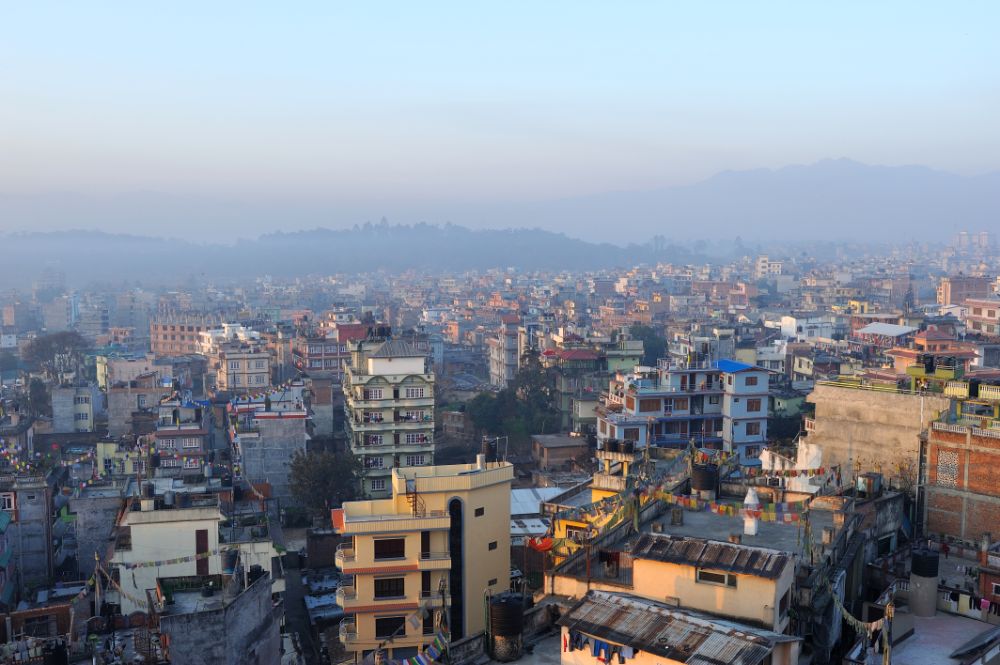The COMENTH project aims to enhance the quality of higher education and research in mental health in Nepal and Norway. Through exchange of students and academic staff, revisions and development of curricula in Nepal as well as joint courses and research initiatives, the project aims to strengthen partnerships in mental health education and research between the two countries.
Associate professor and project leader Suraj Thapa thinks that both Nepal and Norway will benefit greatly from the collaboration.
– In Nepal, there is a huge lack of psychiatrists, psychologists and researchers in the field of mental health. As per today, they do not have a PhD programme in mental health and there is a need to update the master’s degrees in psychiatry and psychology. In Norway, we need to learn more about cultural understandings of mental illness. It is also important that our students can learn more about health services and research within the field of mental health in a developing country like Nepal. In addition, we can also learn from their effective use of resources, he explains.
Suraj Thapa had wanted to initiate a project like this for a while when it became known that they were allocated funds from DIKU, the Norwegian Agency for International Cooperation and Quality Enhancement in Higher Education, back in 2016.
– I was very happy. It was the second time that I had applied for this. The day I received the news I was in Kathmandu with my Norwegian and Nepalese colleagues, Thapa remembers.
Put to a halt by the pandemic
Unfortunately, the pandemic has put a halt to many of the project’s activities. So far, the team has had to postpone or cancel almost all planned travel and exchange activities between Nepal and Norway.
– The pandemic has largely affected the project. In 2020, we should have initiated the exchange of students both on master’s and PhD levels between UiO and Tribhuvan University (TU), which is the partner university in Nepal. Rector, Dean and Head of Department from TU visited UiO in 2019 and had fruitful meetings with the dean and the assistant rector. However, we had to cancel our plans to have a reciprocal visit by some people from the Institute of clinical medicine/Faculty of Medicine at UiO to Nepal in 2020, he explains.
Thapa and colleagues had also planned for teachers from both universities to visit each other and teach students in 2019 and 2021.
– The pandemic put everything to a halt, project leader Thapa says.
Reallocation of funds
Even so, thanks to a partial reallocation of funds, the researchers have been able to implement some of the project’s activities.
– DIKU has granted our application to reallocate parts of the funds for travelling to build up or improve IT services in Nepal. This allows us to use digital platforms without problems, Thapa explains.
PhD candidates from Nepal can now attend mandatory courses at UiO digitally and researchers from UiO and TU use Zoom for meetings and PhD supervisions. This has had many advantages.
– Planning short visits for researchers implies a lot of work, including challenges with visa and short-term accommodation. Now we have not had to do it. Digital supervisions and courses have proven to be as effective, he says.

Ambitions for the time ahead
Project leader Suraj Thapa hopes that the situation will improve towards 2022 and that the exchange of students and visits will be possible once again. Moreover, the project has been extended with one year, until 2024.
– This will allow us to complete the activities that we could not complete in 2020 and 2021, Thapa says.
He has not given up on the aims of the project and he hopes that COMENTH will serve as a point of departure for further collaboration in higher education and research in mental health between Nepal and Norway.
– I hope that the collaboration between UiO and TU will continue after the project has been phased out after 2024, concludes the researcher.
Contact
